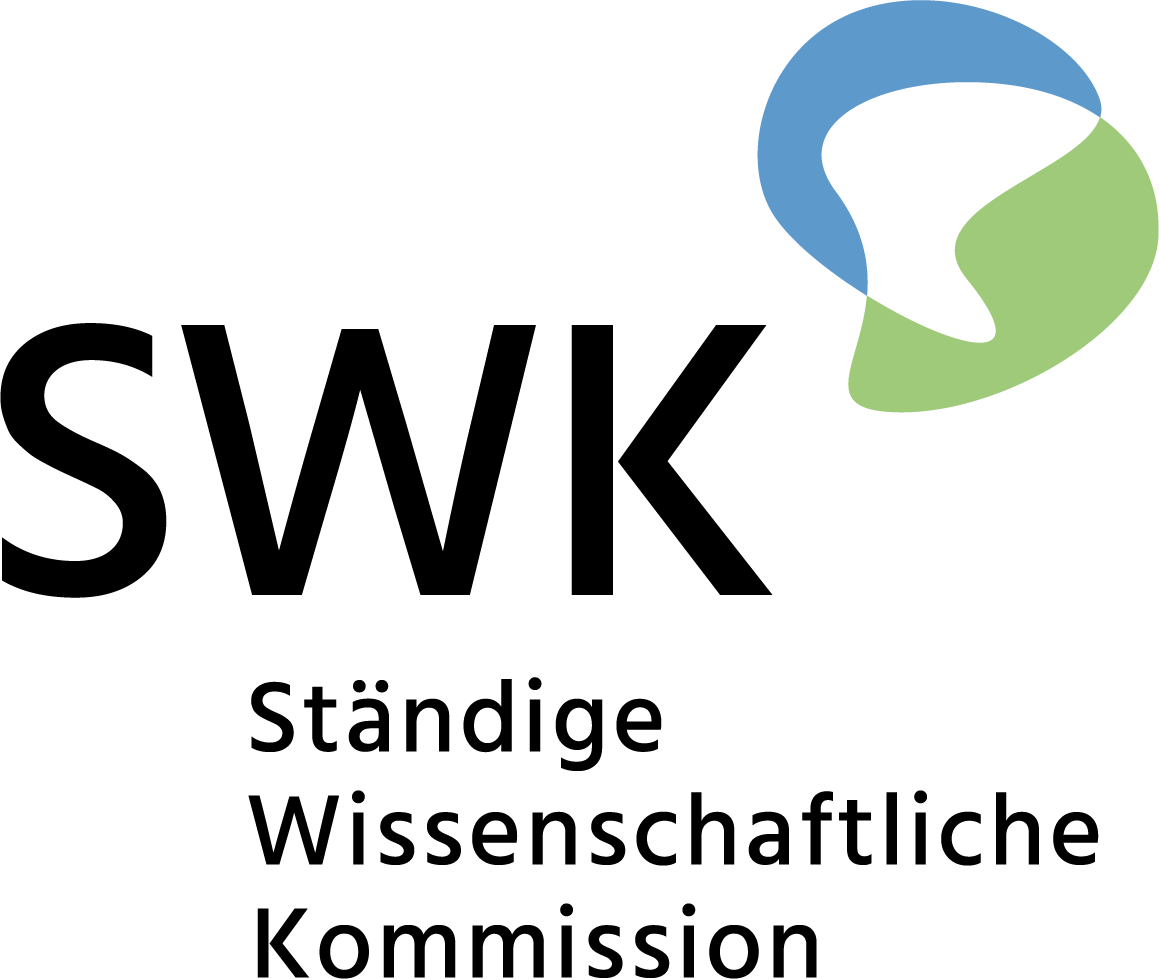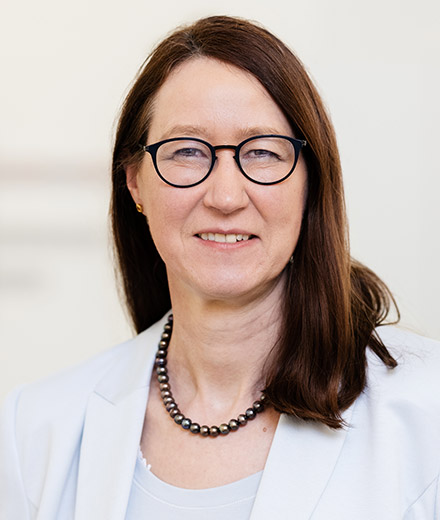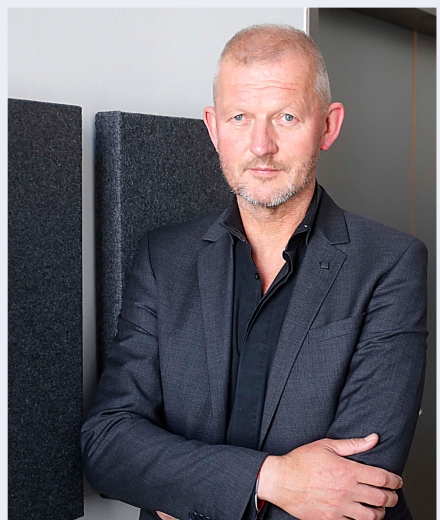Large language models in education: The challenge of harnessing AI to promote learning

Germany’s Standing Scientific Commission on Education Policy (SWK) has recently issued a discussion paper on "large language models and their potential in the education system", providing suggestions for the use of these AI technologies in the classroom, noting research and development needs, pointing to prospective future projects, and proposing points for debate in the education policy arena.
The Standing Scientific Commission on Education Policy (SWK) is an independent scientific advisory board attached to the Standing Conference of Ministers of Education and Cultural Affairs of the Länder in the Federal Republic of Germany (KMK). Its sixteen members are education researchers from a range of disciplines. The SWK’s remit is to advise Germany’s federal states on matters of education policy. It identifies existing challenges and offers evidence-based recommendations for resolving them. The Commission adapts an interdisciplinary, long-term and systemic perspective. The SWK involves external experts and is advised by representatives from politics, administration and civil society. The Commission is supported by a permanent office.
The Standing Scientific Commission on Education Policy recently issued a discussion paper in which it draws on the input of experts in the use of artificial intelligence in educational processes. to explore the opportunities and challenges for schools that are associated with the advent of large language models such as ChatGPT. Further, the paper outlines proposals around the development of language models going forward and the management of current issues in this area. Overall, the Commission concludes that large language models have considerable capacity to aid learning and support teachers in preparing lessons, creating tasks for learners, or assessing performance, yet the full realization of this potential would require training for teachers in the competent and responsible use of these tools. Alongside this,, students and teachers alike need knowledge of how these applications work and skills for critically evaluating their output and information in general.

"We don't think a ban would be appropriate. AI applications such as ChatGPT have well and truly arrived in the lives of students and teachers, yet we currently have a dearth of robust research findings in this area. We are therefore proposing a transition period which would enable the systematic testing of AI’s use, accompanied by academic research. ChatGPT and other language models were not created for the classroom. Designing tools for use in an educational context and in specific school subjects remains a particularly difficult challenge."
Ulrike Cress, member of the SWK and director of the Leibniz Knowledge Construction Lab
Christine Streichert-Clivot, president of the Standing Conference of the Ministers of Education and Cultural Affairs and the Saarland’s education minister, said: "Even if we had not been aware of it before, ChatGPT’s arrival on the scene unmistakably marked the point at which AI, and large language models in particular, became part of our everyday lives. Educational institutions need to reflect this change. As president of the KMK, I consider it crucial for all children and young people to have a say in these developments and benefit equally from the advantages offered by AI. Advances in technology should not lead to greater social inequalities; it is vital that everyone has the same access to opportunities. We at the KMK have the shared task of establishing the required basic skills in schools at an early stage."
The SWK takes the view that the use of large language models in schools should not commence until the later stages of lower secondary level (which covers grades 5 or 7 to 10). Teaching at elementary schools (grades 1-4 or 1-6) should continue to center the acquisition of foundational literacy. The use of digital writing tools can begin, with close monitoring, in the initial years of secondary schooling. Regular use of AI to support learners’ writing can take place from eighth grade onward, alongside the continued training of writing without LLM.

The SWK has also considered the impact of AI on examinations and assessments. "Exams may already be either open book or closed book, that is, either permitting or prohibiting the use of aids and resources. This distinction can also apply to the use of AI. When large language models are permitted, assessment should cover not just the final piece of writing that learners produce, but also students’ reflective engagement with the process and result."
Olaf Köller, co-chairman of the SWK and reserach direktor, IPN - Leibniz Institute for Science and Mathematics Education
While the discussion paper centers on the potential of language models for teaching and learning, its authors also reference the wider context and issues that remain unresolved. Technical, ethical and legal challenges around the use of large language models in schools may raise questions around whether it is permissible or appropriate. The Commission believes that state organizations have a duty to provide all learners and teachers in educational institutions with low-cost access to AI systems, and that education policy should seek to drive the incorporation of large language models into suitable learning platforms or, alternatively, the development of OER models whose functionalities and distortions are known and accessible to research.
Links
“Large Language Models und ihre Potenziale im Bildungssystem”, discussion paper, https://www.kmk.org/fileadmin/Dateien/pdf/KMK/SWK/2024/SWK-2024-Impulspapier_LargeLanguageModels.pdf (in German)
“Report on digitalization in the education system” (2022): https://www.kmk.org/fileadmin/Dateien/pdf/KMK/SWK/2022/SWK-2022-Gutachten_Digitalisierung.pdf (in German)
Contact
Anna Niewerth
Standing Scientific Commission of the Standing Conference of the Ministers of Education and Cultural Affairs (SWK)
Office
Tel.: +49 (0)228 501 702
anna.niewerth@swk.kmk.org









